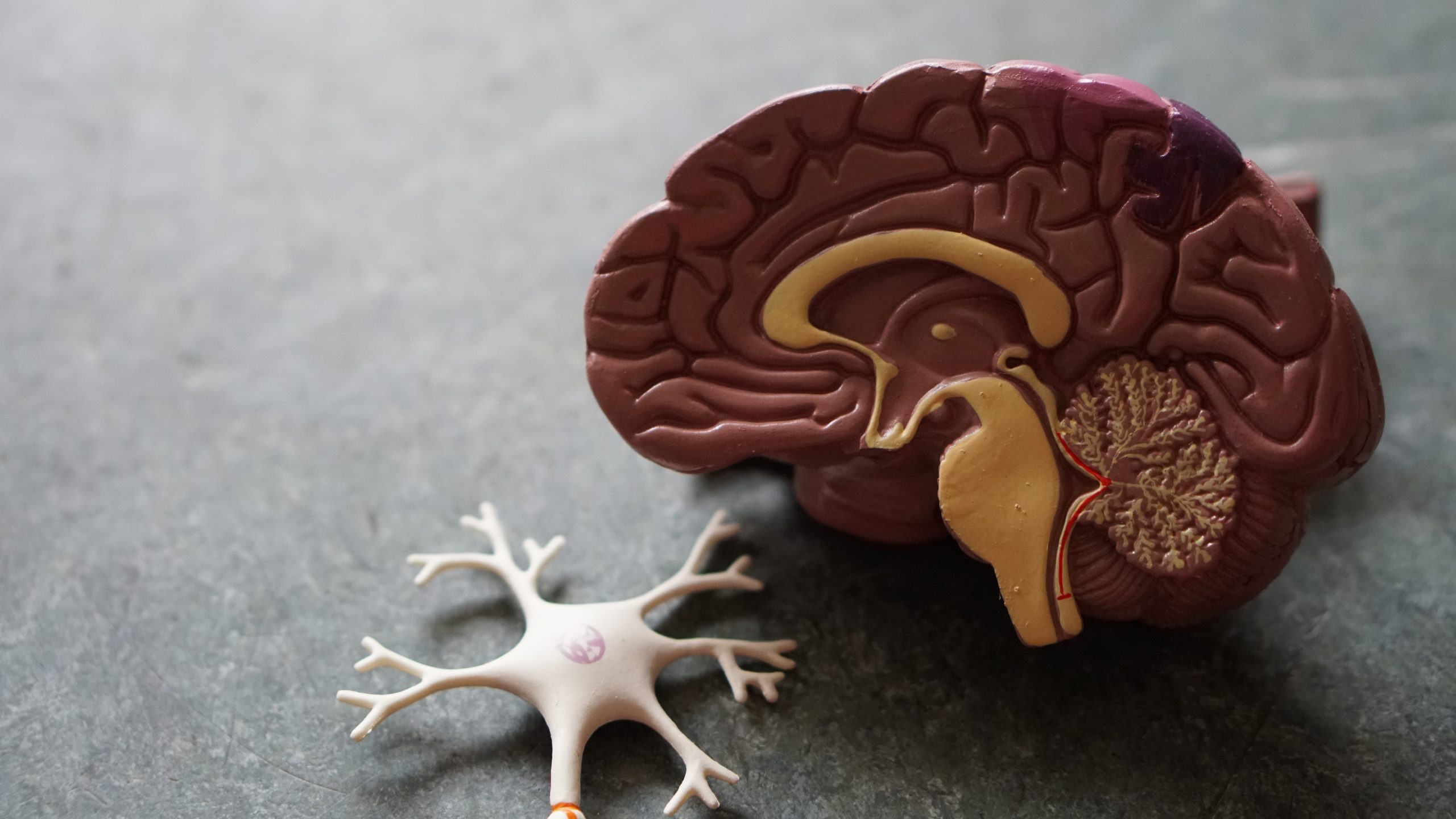
- This event has passed.
Zoom Lecture: Fatma Deniz (UC Berkeley & TU Berlin): Natural Language Representations in the Human Brain
23 April, 2020 @ 10:00 am - 11:00 am
Thursday Morning Lectures (on Zoom)
Natural Language Representations in the Human Brain
Abstract
An integral part of human language is the capacity to extract the meaning of words through different sensory modalities. For example, humans can easily comprehend the meaning of language presented through auditory speech or written text. However, how the human brain represents language in different modalities is still unclear. I suggest to observe the human brain performing tasks in its most natural setting, then build predictive models of brain responses, and create generalizable and reproducible results that aim to help in unifying our understanding of how the human brain processes linguistic information. In my talk, I will present predictive models of brain responses collected using functional magnetic resonance imaging while human participants listened to or read natural narrative stories. Using natural text and vector representations derived from natural language processing methods I will first present a modeling framework to study language processing in the human brain across modalities. I will then discuss how contextual effects modulate the representation of word meaning in the human brain. I will end my talk with research directions on how different languages are represented in the brains of bilinguals and how we could use the knowledge learned from the brain to augment the design of natural language processing algorithms.
Bio:
Fatma Deniz is the team leader and co-PI of a US-German collaborative research project and holds joint affiliations between Technical University Berlin and University of California, Berkeley. Prior to that, she was a postdoctoral fellow in Dr. Jack Gallant’s laboratory at UC Berkeley, a Moore-Sloan Data Science Fellow at Berkeley Institute for Data Science and a fellow at the International Computer Science Institute in Berkeley. In her work, Dr. Deniz uses machine-learning approaches and large-scale brain data to understand how language is represented in the brain. Dr. Deniz received her Ph.D. from the Computer Science Department at Technical University Berlin and was a member of Haynes Neuroimaging Lab led by Dr. John-Dylan Haynes at BCCN Berlin. She received her bachelor’s and master’s degrees in Computer Science from the Technical University Munich and worked with Dr. Christof Koch at Caltech. Dr. Deniz is an advocate of reproducible research practices and is an editor of the book “The Practice of Reproducible Research”.





